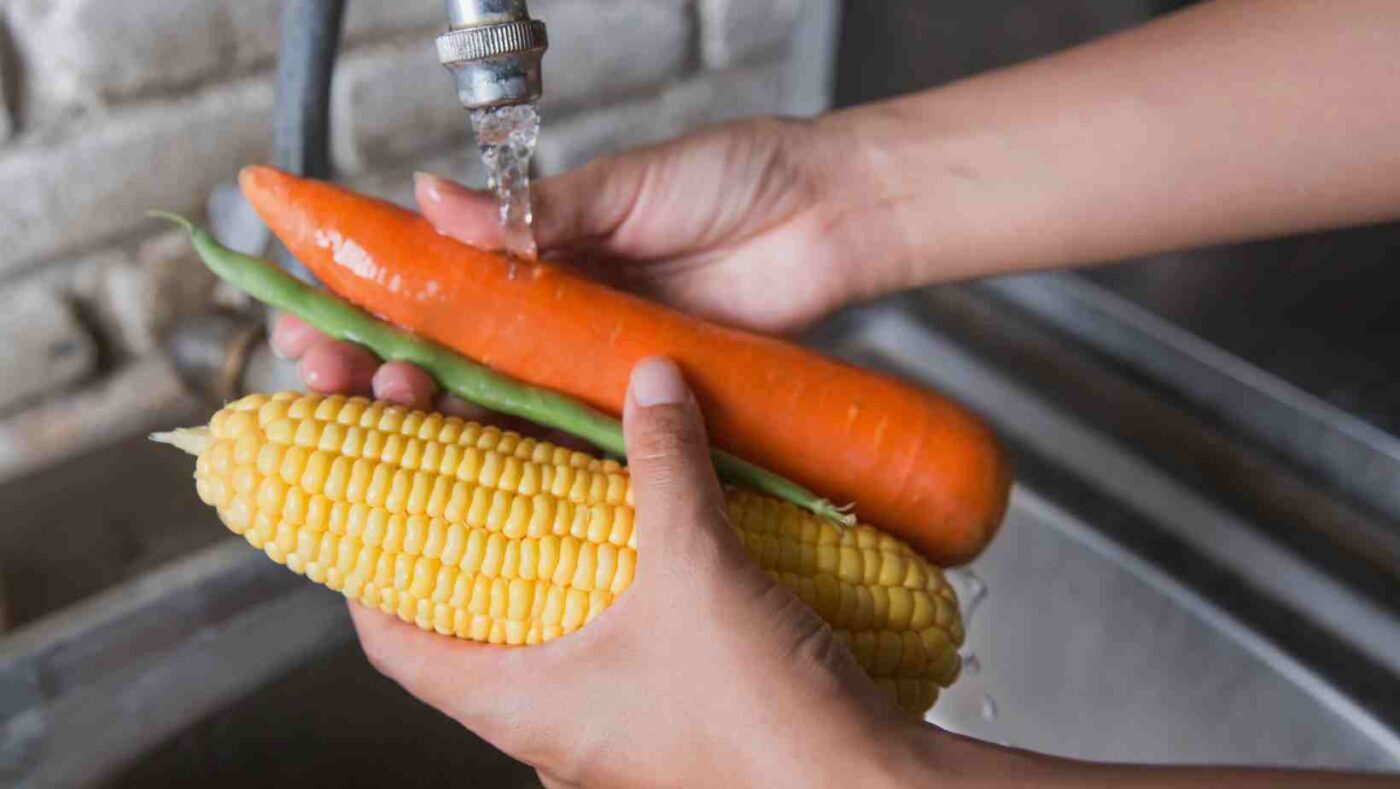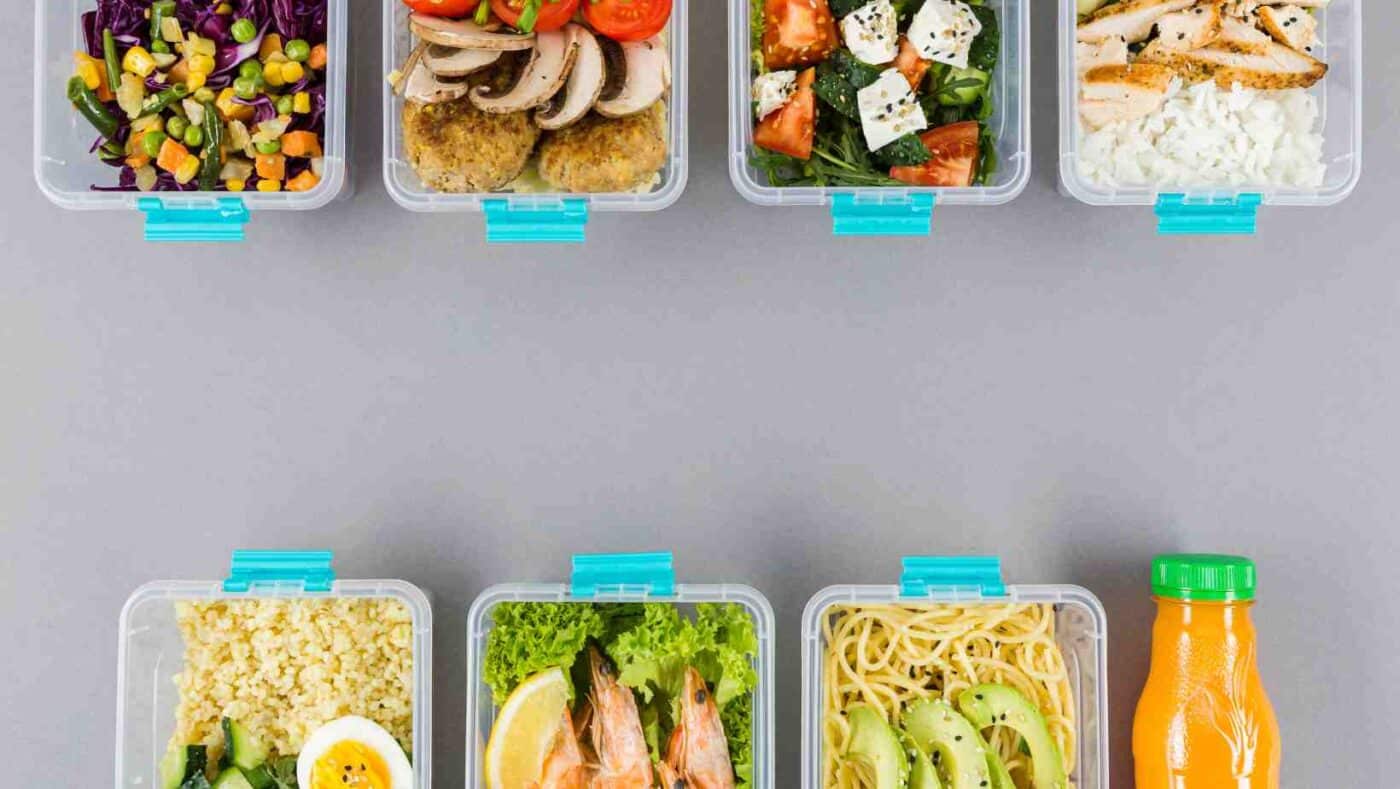Plastic packaging has become a vital component of the food industry because it ensures that food products are safe for consumption and remain fresh for as long as possible. Without plastic packaging, food items would be more susceptible to contamination and spoilage, leading to food waste and potential health hazards. In this post, we’ll explore why plastic packaging is so critical for food safety and preservation.
Table of Contents
Ensuring Food Safety
One of the primary reasons why plastic packaging is essential for the food industry is that it helps prevent contamination and the spread of foodborne illnesses. Food can be contaminated in several ways, including through contact with contaminated surfaces, air, water, and pests. Plastic packaging provides a barrier that helps keep out bacteria, viruses, and other harmful pathogens that can cause foodborne illness. In addition, plastic packaging can be designed to be airtight, which helps prevent oxidation and the growth of mold and other harmful microorganisms.
Plastic packaging can also help prevent cross-contamination by separating different food groups. For example, meat, poultry, and seafood can be stored in separate plastic packaging to prevent the spread of harmful bacteria that can cause foodborne illnesses. Additionally, plastic packaging can be used to protect food products from environmental contaminants, such as dust and pollution, during transport and storage.
Preserving Freshness
Another important role of plastic packaging is to help preserve the freshness of food products. Plastic packaging can help prevent moisture loss, which can cause food to dry out and lose flavor. In addition, plastic packaging can be designed to be temperature-resistant, which helps keep food products fresh during transport and storage.
Plastic packaging can also be used to extend the shelf life of food products. For example, vacuum-sealed plastic packaging can help to preserve the flavor, texture, and color of food products by removing oxygen from the packaging. This process helps to prevent the growth of bacteria that can cause spoilage.

Preventing Food Waste
Finally, plastic packaging plays a critical role in preventing food waste. By helping to preserve the freshness of food products, plastic packaging can help to reduce the amount of food that is thrown away due to spoilage. Additionally, plastic packaging can be designed to be recyclable or compostable, which helps to reduce the environmental impact of food packaging waste.
However, it is important to remember that plastic packaging is not without its drawbacks. The production, transportation, and disposal of plastic packaging can have negative environmental impacts, such as contributing to greenhouse gas emissions and pollution. Therefore, it is important to use plastic packaging responsibly and explore more sustainable alternatives, such as biodegradable plastics and reusable packaging options.

